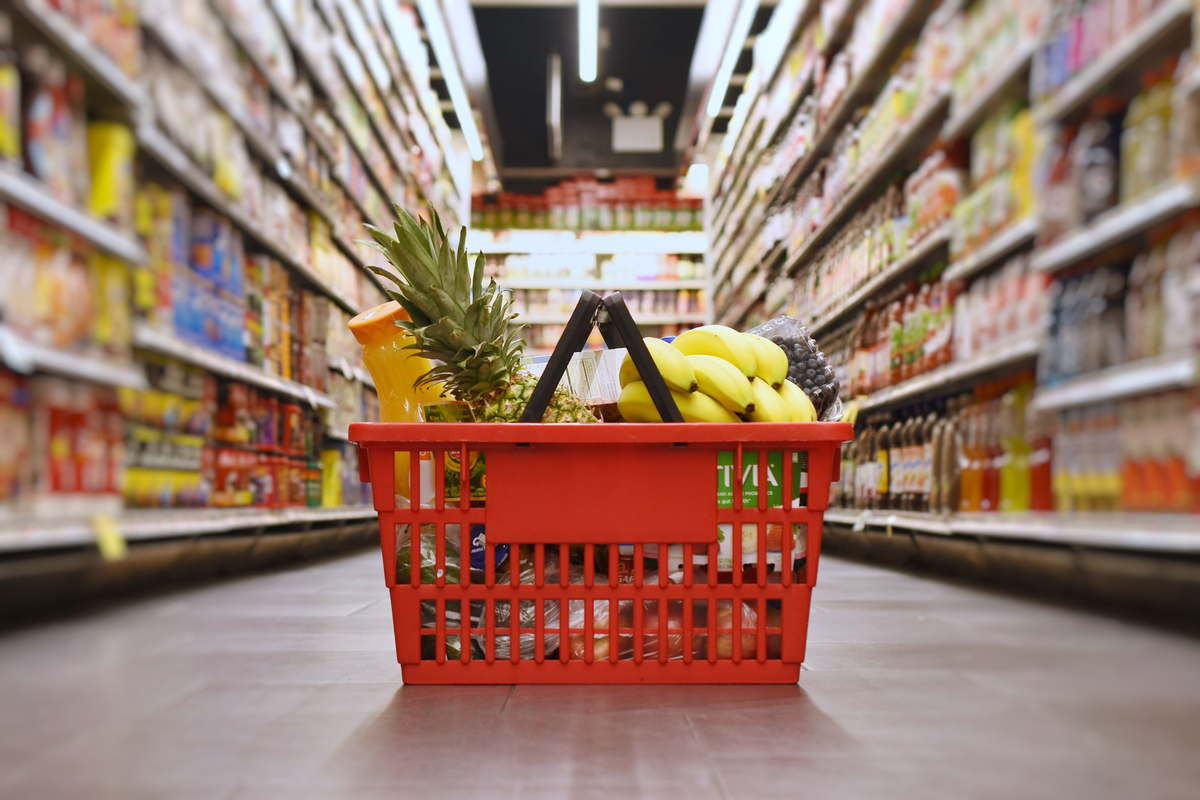Dear visitor,
You're reading 1 of your 3 free news articles this quarter
Register with us for free to get unlimited news, dedicated newsletters, and access to 5 exclusive Premium articles designed to help you stay in the know.
Join the UK's leading credit and lending community in less than 60 seconds.
Food prices sees fastest rate rise since 1977
Food and non-beverage prices rose at their fastest rate for more than 45 years in March, increasing by 19.2%, according to the latest inflation figures.

Senior Journalist, covering the Credit Strategy and Turnaround, Restructuring & Insolvency News brands.
According to the Office for National Statistics (ONS) it’s indicative modelled estimates suggest the last time the rate would have been higher was in August 1977 – when was estimated to have been at 21.9%.
Reflecting on this, Susannah Streeter – head of money and markets at Hargreaves Lansdown – said: “The pound feels a lot smaller in our pockets right now as inflation continues to devour spending power, with wages rising so much more slowly.
“This insidious drain on wealth, and the worry that it’s not temporary given that core inflation, stripping out volatile energy and food prices, remains so sticky means it’s more likely that another interest rate rise of 0.25% is on the way from the Bank of England next month.”
Overall, The Consumer Prices Index (CPI) for the 12 months to March did, however, dip slightly – going from 10.4% in February to 10.1%, while the Consumer Prices Index including owner occupiers’ housing costs (CPIH) over the past year also dropped – going from 9.2% in February to 8.9%.
In response to this, StepChange’s director of external affairs Richard Lane said: “It’s positive to see inflation finally going in the right direction, but with energy prices fixed until July and inflation on food and other essentials still running well above 10%, the news will be of little solace to the millions of people who have endured blow after blow to their finances over the past three years.
“Since March 2020, the number of people struggling to keep up with household bills and credit commitments has nearly tripled, rising from 7.5 million people to 22 million people. For many, the increased strain of soaring prices will mean making difficult decisions between keeping the lights on or putting food on the table.
“Demand for our services is rising fast and the government must be ready to support those facing financial hardship and rapidly escalating levels of debt. Pausing punitive deductions to benefits would be an effective and easy way to help those on the lowest incomes through this difficult period.
“Meanwhile, energy bills are simply unmanageable for thousands of households, so we’re calling for targeted funding to write-off arrears for people who cannot afford to repay. In the longer term, a social tariff for energy would act as a permanent solution to protect financially vulnerable households from debt and fuel poverty.”
Stay up-to-date with the latest articles from the Credit Strategy team
Get the latest industry news






